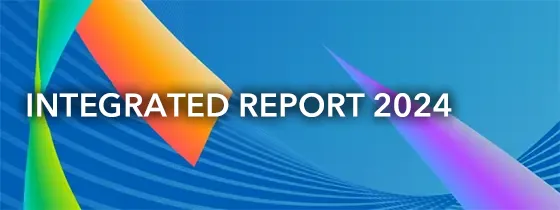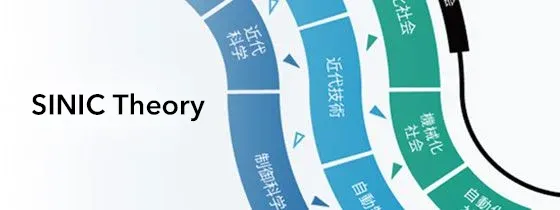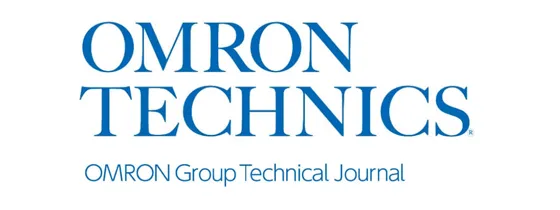Management's Report on Internal Control
NOTE TO READERS:
The following is an English translation of the management's report on internal control over financial reporting ("ICFR") filed under the Financial Instruments and Exchange Act of Japan. This report is presented merely as supplemental information. There are differences between an assessment of ICFR under the Financial Instruments and Exchange Act ("ICFR under FIEA") and one conducted under the standards of the Public Company Accounting Oversight Board (United States) ("ICFR under PCAOB");
- In an assessment of ICFR under FIEA, there is detailed guidance on the scope of an assessment of ICFR, such as quantitative guidance on business location selection and/or account selection. In an assessment of ICFR under PCAOB, there is no such detailed guidance. Accordingly, regarding the scope of assessment of internal control over business processes, we selected locations and business units to be tested based on annual consolidated net sales (after the elimination of transactions between consolidated companies) and consolidated total assets (after the elimination of transactions between consolidated companies) , and selected the companies with net sales and total assets of approximately two-thirds of the total amount on a consolidation basis as "significant locations and/or business units." At selected significant locations and/or business units targeted for assessment, our scope of assessment included business processes leading to sales, accounts receivable, inventories, and purchases and accounts payable related to cost of sales as significant accounts that may have a material impact on our business objectives. Further, in addition to selected significant locations and/or business units, we also included in the scope of assessment, as business processes having greater materiality, business processes relating to (i) greater likelihood of material misstatements and/or (ii) significant accounts involving estimates and the management's judgment and/or (iii) a business or operation dealing with high-risk transactions, taking into account their impact on the financial reporting.
1. Matters relating to the basic framework for internal control over financial reporting
Junta Tsujinaga, Representative Director, President and CEO, and Seiji Takeda, Senior Managing Executive Officer, CFO are responsible for designing and operating effective internal control over financial reporting of OMRON Corporation (the "Company") and have designed and operated internal control over financial reporting in accordance with the basic framework for internal control set forth in "The Revision of Standards and Practice Standards for Management Assessment and Audit Concerning Internal Control Over Financial Reporting (Council Opinion)" released by the Business Accounting Council.
The internal control is designed to achieve its objectives to the extent reasonable through the effective function and combination of its basic elements. Therefore, there is a possibility that misstatements may not be completely prevented or detected by internal control over financial reporting.
2. Matters concerning the scope of evaluation, record date and evaluation procedures
The assessment of internal control over financial reporting was made on the record date of March 31, 2025, the last day of the fiscal year under review. The assessment was made in accordance with the criteria for evaluation of internal controls over financial reports that are generally accepted as fair and appropriate.
In this assessment, after evaluating internal controls (company-wide internal controls) that have a significant impact on the overall financial reporting on a consolidated basis, the business processes to be evaluated are selected based on the results. In the evaluation of the relevant business processes, the effectiveness of internal controls was assessed by analyzing the selected business processes, identifying key control points that could have a significant impact on the reliability of financial reporting, and assessing the status of development and operation of the key points in the relevant control.
The scope of the assessment of internal control over financial reporting was determined for the Company and its consolidated subsidiaries and affiliates accounted for by the equity method from the viewpoint of the materiality of the impact on the reliability of financial reporting. The materiality of the impact on the reliability of financial reporting was determined in a reasonable manner, taking into account the monetary and qualitative impact on financial reporting and the likelihood of such impact, and based on the results of an assessment of company-wide internal control conducted for the Company and its consolidated subsidiaries. Consolidated subsidiaries and affiliates accounted for by the equity method, which are judged to be insignificant from the viewpoint of monetary and qualitative significance, are not included in the scope of assessment of company-wide internal control.
The scope of the assessment of internal control over business processes was determined comprehensively using net sales (after elimination of intercompany transactions) and total assets (after elimination of intercompany transactions) at each business location as indicators. Business locations, which account for approximately two-thirds of the total, were designated as ŌĆ£significant business locations.ŌĆØ The reason why total assets as well as net sales are used as valuation indicators is that when only consolidated net sales are used as a basis, production subsidiaries and headquarters, etc., whose intra-group transactions are offset on a consolidated basis and whose non-group sales are insignificant, are not selected as ŌĆ£significant business locations.ŌĆØ In addition, in light of the good performance of company-wide internal controls, we adopted a ratio of around two-thirds as a guideline for evaluation. In addition to the monetary impact on financial reporting described above, in order to consider the qualitative impact and the probability of occurrence, we examined the necessity of selecting an additional important business location based on the results of operational audits conducted separately from the assessment of internal control over financial reporting, the results of the analysis of financial statements of each company, and the status of occurrence of operating income.
As the Group manufactures and sells electrical equipment globally, at our selected significant business sites, net sales, accounts receivable-trade, and inventories are evaluated as accounting items that are closely related to the business objectives of the company, and we also assess the business processes that lead to purchases and accounts payable-trade related to cost of sales.
In addition, with regard to the scope including other business locations, regardless of the selected significant business locations, there is a high likelihood of material misstatements occurring. As business processes related to important account items that involve estimates and forecasts, goodwill measurement processes, equity method investment measurement processes, securities measurement processes, including shares of subsidiaries and affiliates, non-current assets measurement processes, and the examination process for recoverability of deferred tax assets are added to the scope of evaluation, taking into consideration the impact on financial reporting, as significant business processes.
3. Matters relating to the results of the assessment
The above assessments determined that the Company's internal control over financial reporting was effective as of the last day of the fiscal year under review.
4. Additional notes
No material items to report.
5. Special notes
No material items to report.
June 23, 2025
Junta Tsujinaga
Representative Director, President and CEO
Seiji Takeda
Senior Managing Executive Officer and CFO
OMRON Corporation
















